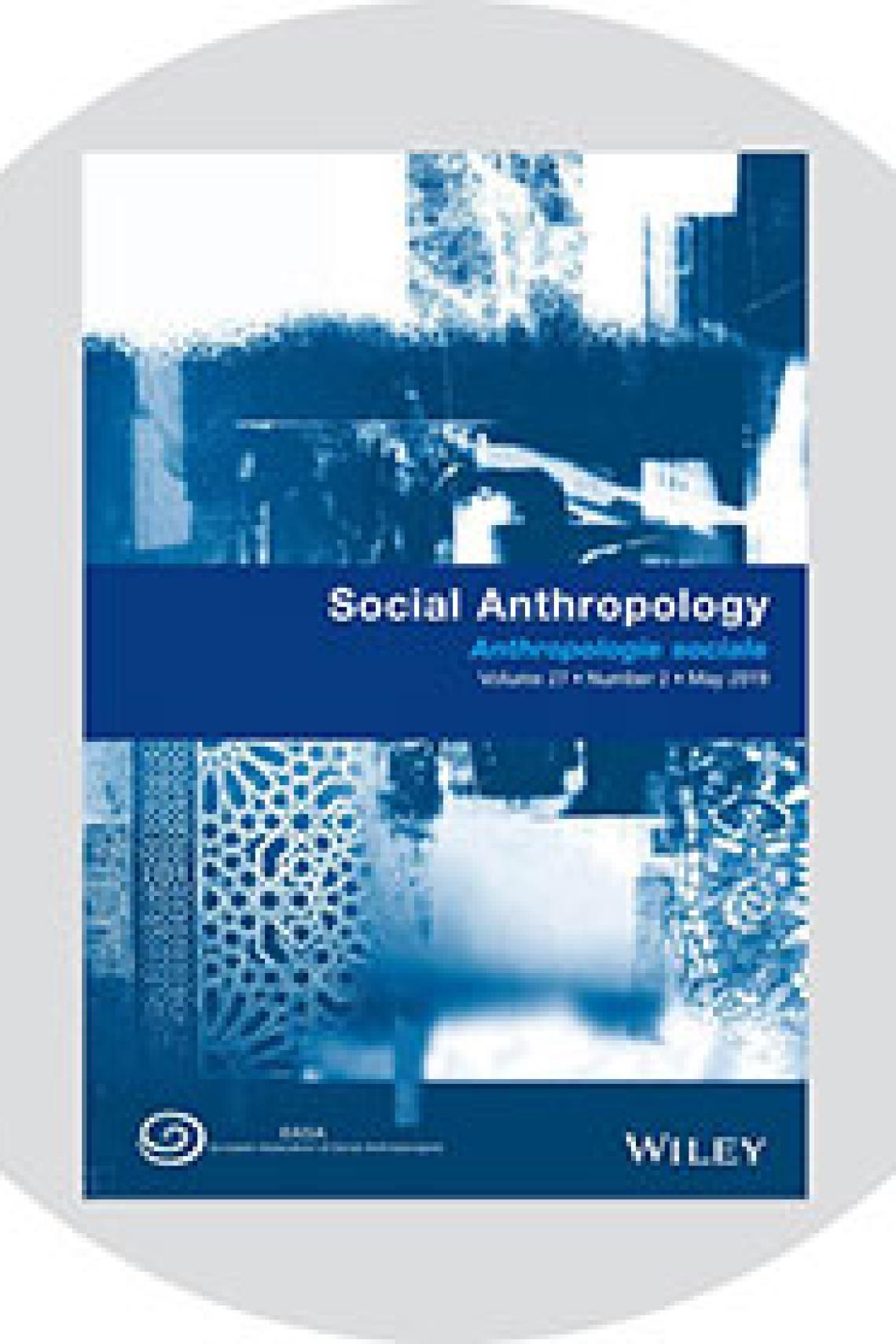New special issue co-edited by Ruben Andersson explores return of ‘remoteness’
A new special issue of Social Anthropology edited by Associate Professor Ruben Andersson and Martin Saxer of LMU Munich explores the return of ‘remoteness’ to world politics.
Writing in the introduction to the issue, the authors suggest that instead of the ‘flat world’ once proclaimed by leading liberal voices, the world map today looks more rugged and uneven than it has for a long time. While some areas are smoothly connected to global capital and cultural flows, others are becoming more marginalised and ‘distant’, at least from the viewpoint of global centres of power.
The authors build an analytical approach to remoteness as a social and political process rather than a primordial condition, which emphasise three key aspects of remoteness: its deep entanglement with forms of connectivity; its economic usefulness; and its amenability to ‘remote control’.
The issue includes an article by Professor Andersson, ‘The Timbuktu Syndrome’, which focuses on the Malian town of Timbuktu, long considered the epitome of remoteness in the Western imagination, but which has undergone a dramatic transformation from tourist outpost to terrorism‐haunted site of a UN peacekeeping intervention, in a shift accompanying conflict‐hit Mali's wider relabelling as a ‘danger zone’.
Casting an eye on this distressing turn, the article considers the ‘cartopolitics’ of distance and danger from a historical perspective while analysing the machinations of foreign interveners and cartographers.
It shows how Mali's insertion into the ‘war on terror’ drew on colonial and precolonial mappings intermixing desire and danger, domination and fear, science and fantasy.
The article concludes by arguing that if military strategy was once seen as paralysed by a ‘Vietnam syndrome’, today we see something akin to a ‘Timbuktu syndrome’ as Western powers obsess about controlling perceived dangers emanating from remote sites yet increasingly fear entering these ‘Timbuktus’ of a revived geographic imagination.
The issue also includes the following articles:
- Julien Brachet and Judith Scheele, Remoteness is power: disconnection as a relation in northern Chad
- Marco Gardini, Profiting from remoteness: the economic and political centrality of Malagasy ‘red zones’
- Martin Saxer, Provisions for remoteness: cutting connections and forging ties in the Tajik Pamirs
- Swargajyoti Gohain, Selective access: or, how states make remoteness
- Amy Penfield, The wild inside out: fluid infrastructure in an Amazonian mining region
- Peter Schweitzer and Olga Povoroznyuk, A right to remoteness? A missing bridge and articulations of indigeneity along an East Siberian railroad
- Alessandro Rippa, Zomia 2.0: branding remoteness and neoliberal connectivity in the Golden Triangle Special Economic Zone, Laos
- Yu Luo, Tim Oakes and Louisa Schein, Resourcing remoteness and the ‘post‐alteric’ imaginary in China
- Ignacio Fradejas‐García, Humanitarian remoteness: aid work practices from ‘little Aleppo’
Martin Saxer and Ruben Andersson (eds) 2019 'Special Issue: The Return of Remoteness: Insecurity, Isolation and Connectivity in the New World Disorder', Social Anthropology 27 (2)

